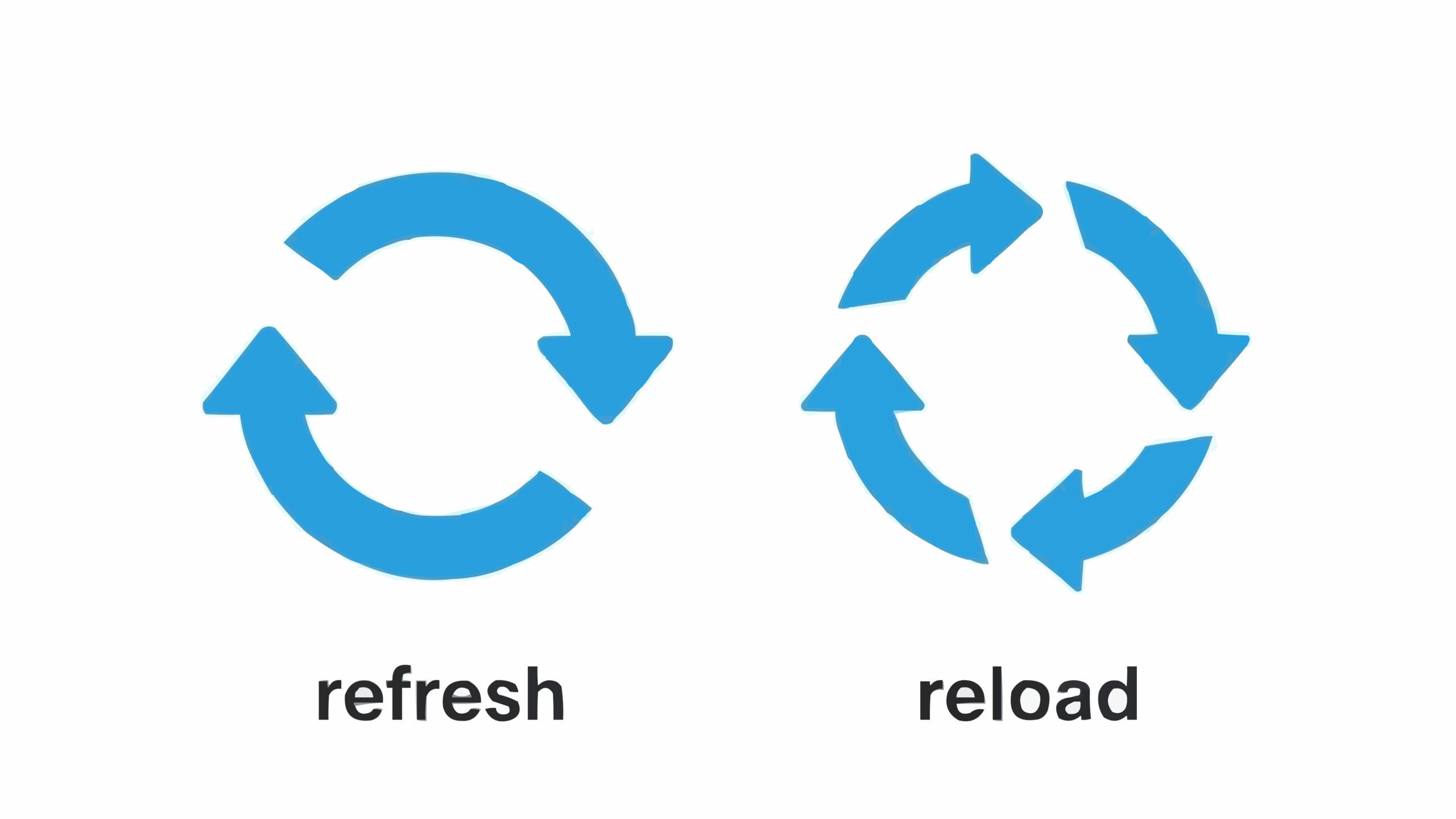Why Some People Are Paying to Disappear From Google Autocomplete

Type your name into Google. Now imagine seeing words like “scam,” “arrested,” or “lawsuit” appear next to it before you even hit search. That’s the power of Google Autocomplete. And for many, it’s a serious problem.
Google calls these autocomplete predictions, which are generated based on real searches from millions of users worldwide. Autocomplete works by analyzing popular and trending search topics, your search history, location, and other data points to help users complete their searches faster. This functionality is integrated across Google Search, the Google app, the Google home page, and even the address bar in the Chrome browser.
Autocomplete also extends to other services, such as the Maps JavaScript API and Places API, where it helps users quickly find locations and place details. The predictions you see are influenced by the popularity of queries and the response patterns of users in your area and demographic.
While the primary goal is speed and convenience, the system sometimes surfaces inappropriate or damaging terms—especially when linked to a person’s name or business. These can include hateful predictions, sexually explicit predictions, or other offensive content that Google’s autocomplete policies aim to filter out.
Why Do People Want to Disappear From Google Autocomplete?
For individuals and companies, a bad autocomplete suggestion can have serious consequences:
- Damage professional opportunities or personal reputation
- Hurt job searches or hiring chances
- Lead to lost customers and revenue
- Spread false or misleading ideas that stick in people’s minds
Since these autocomplete suggestions shape first impressions, seeing terms like “scam,” “criminal record,” or “lawsuit” next to your name can cause people to assume the worst without even clicking on any search results.
This is why some turn to paid services or reputation management firms to try to remove or influence these predictions, hoping to regain control over their online presence.
What Are the Negative Effects of Google Autocomplete?
Autocomplete suggestions can lead users to damaging content. Even if you’ve done nothing wrong, repeated searches by others can create a pattern that triggers false associations such as “[your name] fired” or “[your business] lawsuit.” This can result in:
- Drops in web traffic or sales
- Increased customer concerns or complaints
- Negative press or social media attention
For small businesses, this can create real financial harm. For individuals, it can affect personal relationships, legal situations, or job prospects. In some cases, harmful activity fueled by autocomplete predictions can escalate, causing long-term damage to reputations.
Can You Remove Yourself From Google Autocomplete?
There’s no guaranteed way to delete autocomplete suggestions, but there are three common strategies people use:
1. Report Suggestions to Google
Google provides a feedback tool to report offensive or misleading autocomplete suggestions. Google may remove predictions if they violate their autocomplete policies, which prohibit:
- Hate speech or hateful predictions
- Violence or violent predictions
- Sexually explicit terms
- Personal medical or financial information
Visit the Google Autocomplete policies page and follow the steps to submit a report. Be clear, specific, and respectful in your request.
2. Improve Your Online Presence
Because Google Autocomplete reflects what people search and click, you can influence it by:
- Publishing positive content tied to your name or business, such as blog posts, social media updates, videos, and press releases
- Optimizing your Google Business Profile and other online listings
- Encouraging satisfied customers or clients to leave reviews or testimonials
Over time, increasing positive search volume and clicks can shift autocomplete predictions to more favorable terms.
3. Seek Legal Help (in Rare Cases)
If autocomplete suggestions are tied to false claims or defamatory content, legal action might be an option. This is usually a last resort and is only worth pursuing if there is significant damage and the content violates the law.
Why Are People Willing to Pay?
Hiring professionals to manage autocomplete predictions doesn’t guarantee removal, but it can help. Reputation management firms offer services like:
- Monitoring search results and autocomplete suggestions
- Creating high-ranking positive content to push down negative terms
- Helping report harmful or inappropriate terms to Google
- Managing online reviews and public perception
Costs vary widely, from monthly fees to per-project charges. Legal action involves attorney fees or court filings. For many, the decision comes down to weighing the risk of ongoing damage versus the cost of intervention.
Is It Ethical to Pay for Removal?
Opinions differ on the ethics of paying to remove autocomplete predictions:
Arguments for paying:
- Protects people from false or misleading assumptions
- Helps fix issues users didn’t cause
- Reduces real-world harm, such as lost jobs or customers
Arguments against:
- May hide legitimate criticism or public information
- Can distort search transparency and fairness
- Gives those with money an advantage over those without
Ultimately, transparency, accountability, and user trust should guide the management of autocomplete predictions.
How Does Google Autocomplete Work?
Autocomplete works by determining query predictions using data from:
- Search queries from millions of users worldwide
- Language patterns, click behavior, and trending searches
- Google Trends and other real-time data sources
- Location, device type (including mobile devices), and demographics
These predictions are generated algorithmically, rather than being manually selected. Google filters out some predictions that violate autocomplete policies, including those that are hateful, sexually explicit, or related to harmful activity.
You cannot opt out of autocomplete, but you can try to influence what shows up by changing the inputs Google relies on, such as improving your online presence.
What Are Free Alternatives to Paying?
If you don’t want to pay for removal, you can:
- Regularly monitor your search results using tools like Google Alerts
- Publish high-quality, relevant content on your own websites and social media profiles
- Respond openly and professionally to criticism when possible
- Encourage satisfied clients or customers to leave honest reviews
- Build a strong digital footprint that reflects your values and identity
These steps take time, but can effectively reduce the influence of one bad suggestion.
Final Thoughts
Google Autocomplete is a powerful feature that shapes how people perceive you or your business before they even see search results. If it’s showing something damaging, don’t ignore it. Take steps to monitor, influence, or challenge it. Whether you do it yourself or hire help, the goal is the same: to ensure your name is represented fairly.
In search, perception often becomes reality. Take back control of what people see—before autocomplete does it for you.


